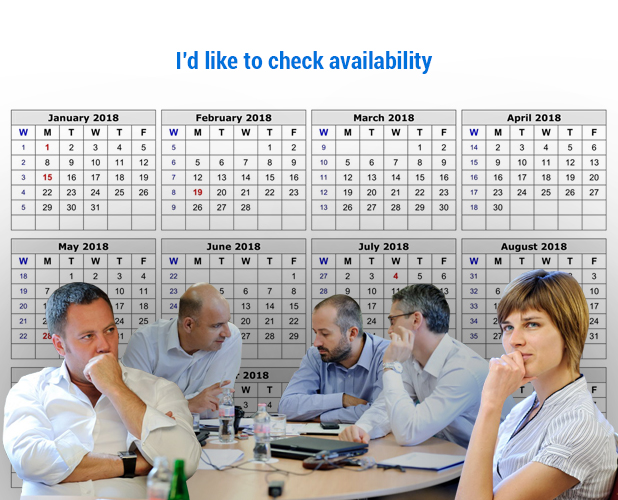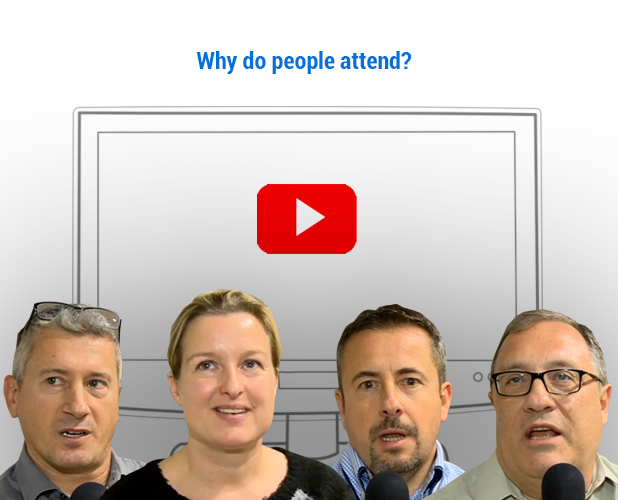
The programme will begin with a one and half day workshop with the Leadership Team. Delegates will be asked to prepare for this session with some pre-reading of the KAM book. Delegates will be asked to fill in the Performance Map questionnaire before the session.
The purpose of this session is to ensure
- The design of the final programme meets current and development needs
- The process of assessment and workshop selection by delegate is fully clear
- The role of the leadership/sales management team in ensuring long term application of learning is clear
Delegates
- As well as the leadership team, this session should ideally include those who will have responsibility for coaching the sales professionals after their training.
Content
- Overview of proposed content for the two streams
- Determine the final programme detail, based on current and development needs
- Agree the process for pre and post assessment
- Develop the Performance Map© for each stream
- Identify the role of the leadership/sales management team, including their coaching role

This Performance Map tool lays out the essential elements (the tools, processes and disciplines) required for top level performance in (Key) Account Management. The elements are laid out in a ‘picture’ showing a development (from left to right) of requirements from foundation to advanced levels. Sales professionals will be asked to ‘selfassess’ their current capabilities, coached and challenged by their sales managers, using a simple questionnaire. The results are displayed in graphic form (using coloured lines to indicate positives and negatives) so indicating where the main priorities lie in order to achieve top level performance.

The purpose of this stream is to develop top level (Key) Account Management processes and disciplines, using a tightly designed toolkit relevant to the target customer base. In particular, three challenges particular to, and typical of, the key account manager role will be addressed.
Objectives
- The need to establish and manage relationships well beyond the purchasing function through the managed use of the cross functional resources available within the business, in order to influence the decision making process in our favour.
- The need to understand the operational needs of our customers seeking to identify where we provide positive value to those operations, in order to secure our proper reward.
- The need to understand the market ambitions of our customers, and the challenges they face, seeking to identify where we add value.
Delegates
- The best outcomes from this training will be achieved if cross-functional teams can be gathered, preferably ‘live KA Teams’, representing the typical functions involved in working with our Key Accounts. The intention is to work on live customer issues, leading towards the development of practical Account Plans.
Preparation
Delegates will be asked to read specified chapters from Key Account Management, by Peter Cheverton, and should come to the workshop prepared to discuss:
- How close is this to our own current (K)AM practice?
- Where are the main gaps?
- What can be done to close these gaps?

We provide a dedicated project manager for each of the 5 levels of measurement for a duration of 6 months, who will conduct individual interviews with each group via personal conversations or in an electonic format, based on the preference of your colleagues.
Kirkpatrick’s Four Levels Methodology remains to this day the best we’ve seen in evaluating L&D effectiveness; which is why we are kindly asking you to take it into consideration as part of our mutual effort to achieve very specific results with our L&D program. Phillips’ ROI addition as the 5th level translates measurement into the monetary terms any executive is looking for in order to understand if the L&D investment ultimately made sense from the financial point of view.


